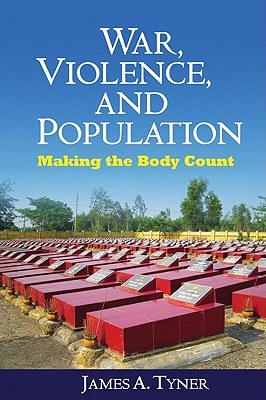

具体描述
Raymond Cattell, the father of personality trait measurement, was one of the most influential psychologists in the twentieth century, with a professional career that spanned almost seventy years. In August 1997, the American Psychological Association announced that Cattell had been selected as the recipient of the American Psychological Foundation Gold Medal Award for Life Achievement in Psychological Science. Then, only two days before the scheduled ceremony, the APF abruptly postponed the presentation of the award due to concerns involving Cattell's views on racial segregation and eugenics. In addition to his mainstream research, in his publications Cattell had also posited evolutionary progress as the ultimate goal of human existence and argued that scientific criteria should be used to distinguish 'successful' from 'failing' racial groups so that the latter might be gradually 'phased out' by non-violent methods such as regulation of birth control. "The Cattell Controversy" discusses the controversy that arose within the field in response to the award's postponement, after which Cattell withdrew his name from consideration for the award but insisted that his position had been distorted by taking statements out of context. Reflecting on these events, William H. Tucker concludes with a discussion of the complex question of whether and how a scientist's ideological views should ever be a relevant factor in determining the value of his or her contributions to the field.
作者简介
目录信息
读后感
评分
评分
评分
评分
用户评价
相关图书
本站所有内容均为互联网搜索引擎提供的公开搜索信息,本站不存储任何数据与内容,任何内容与数据均与本站无关,如有需要请联系相关搜索引擎包括但不限于百度,google,bing,sogou 等
© 2026 book.wenda123.org All Rights Reserved. 图书目录大全 版权所有




















